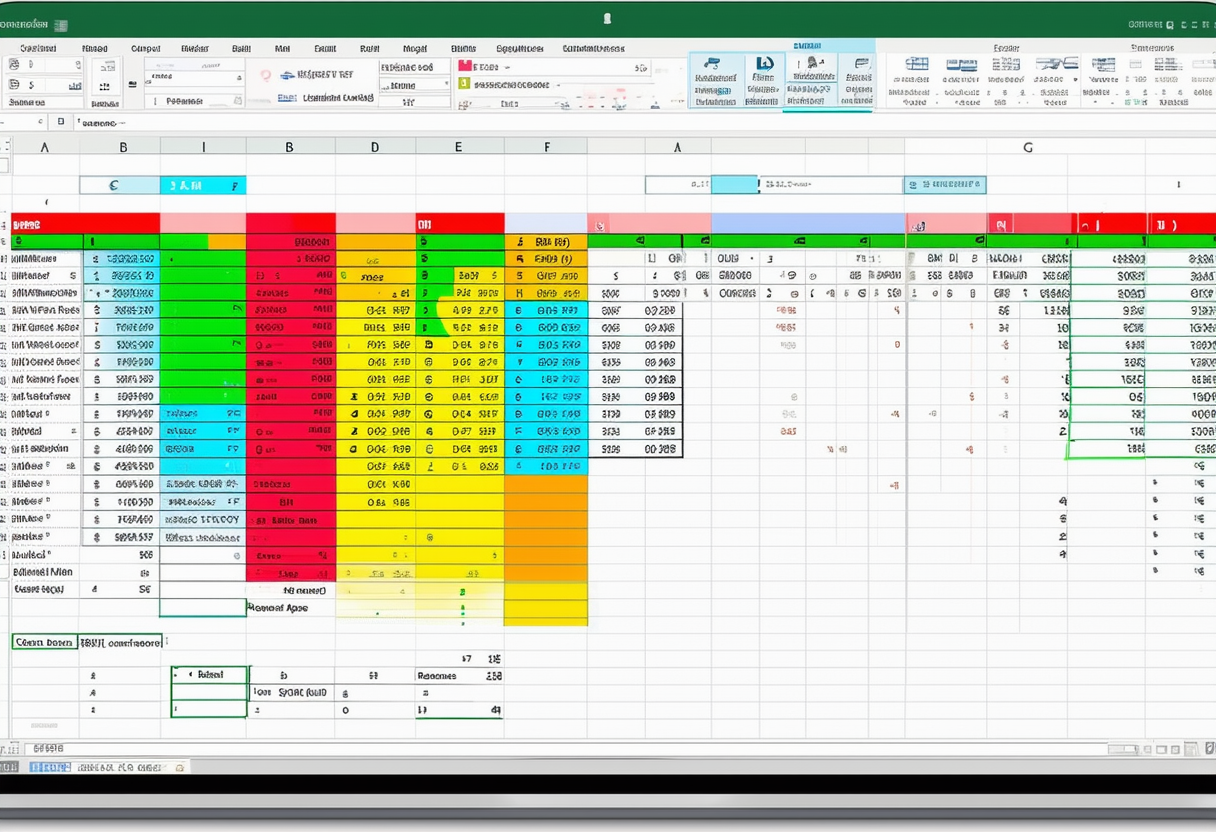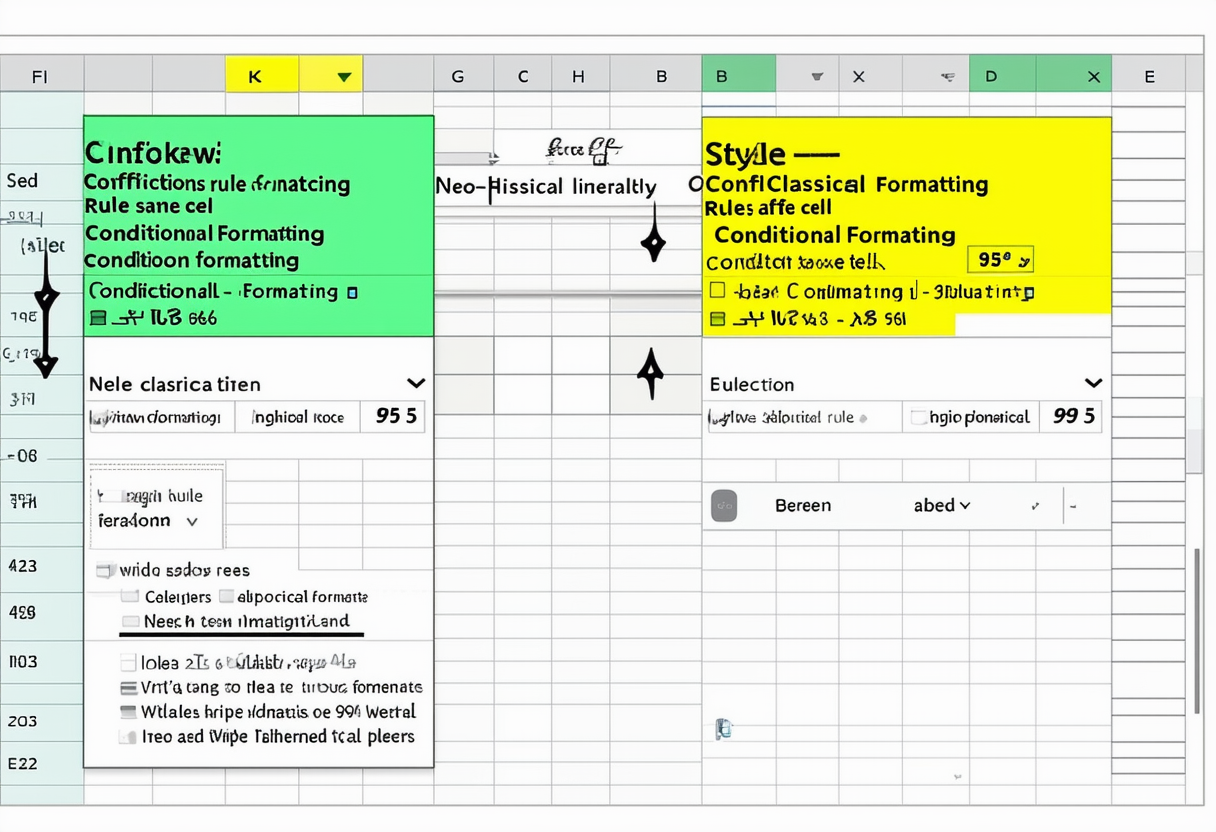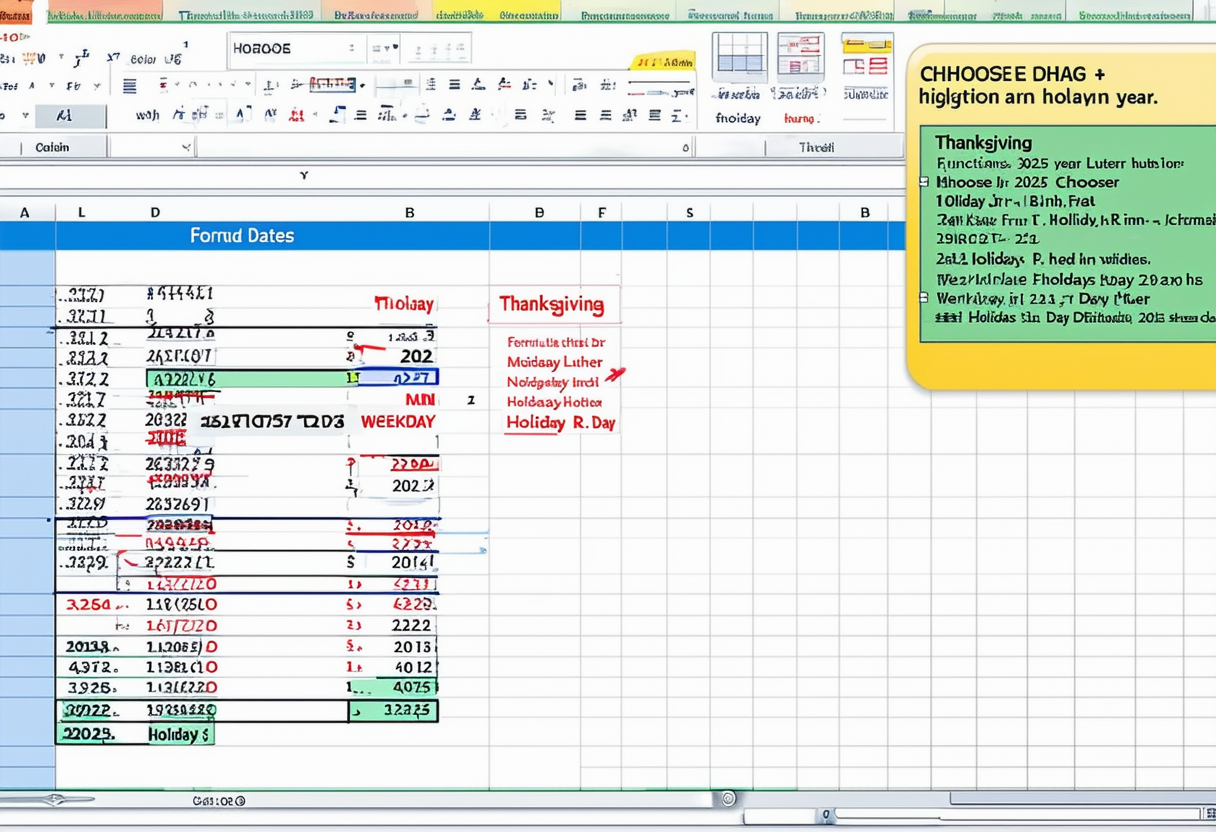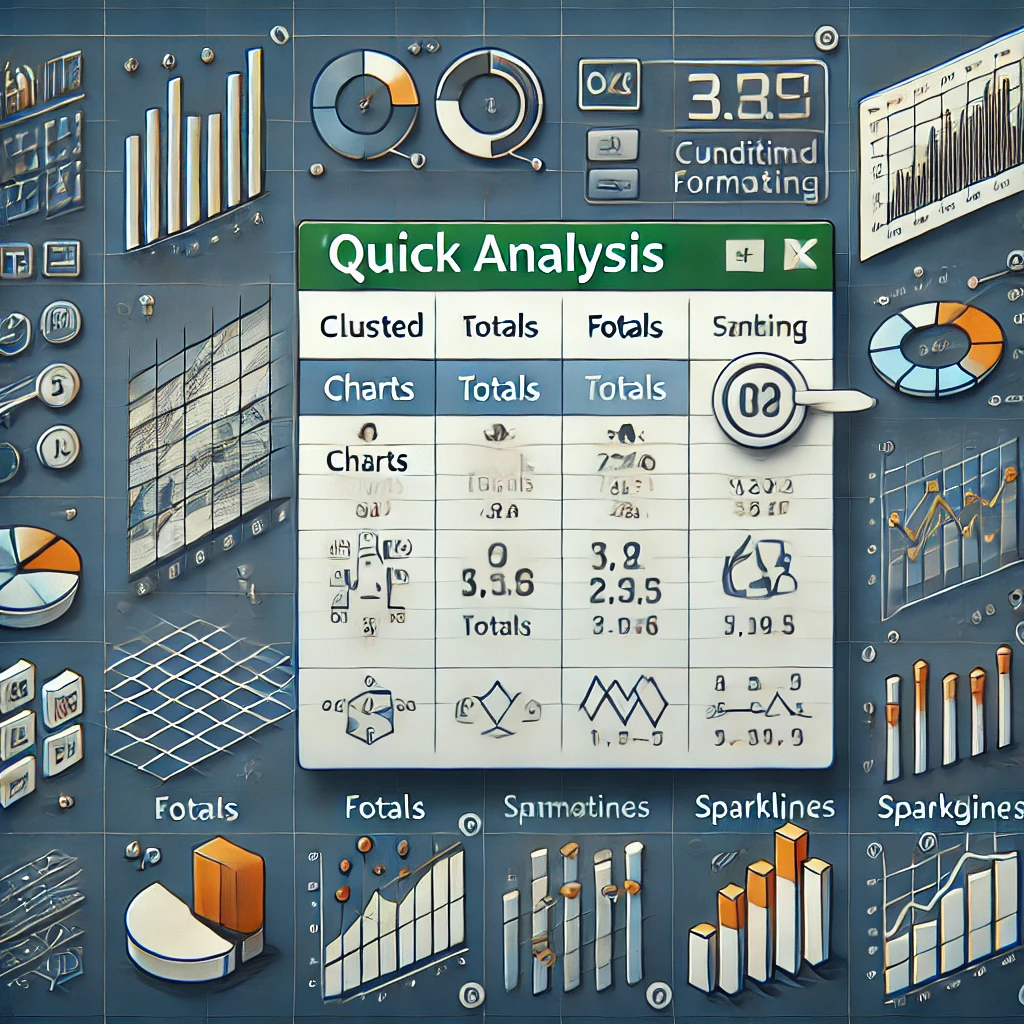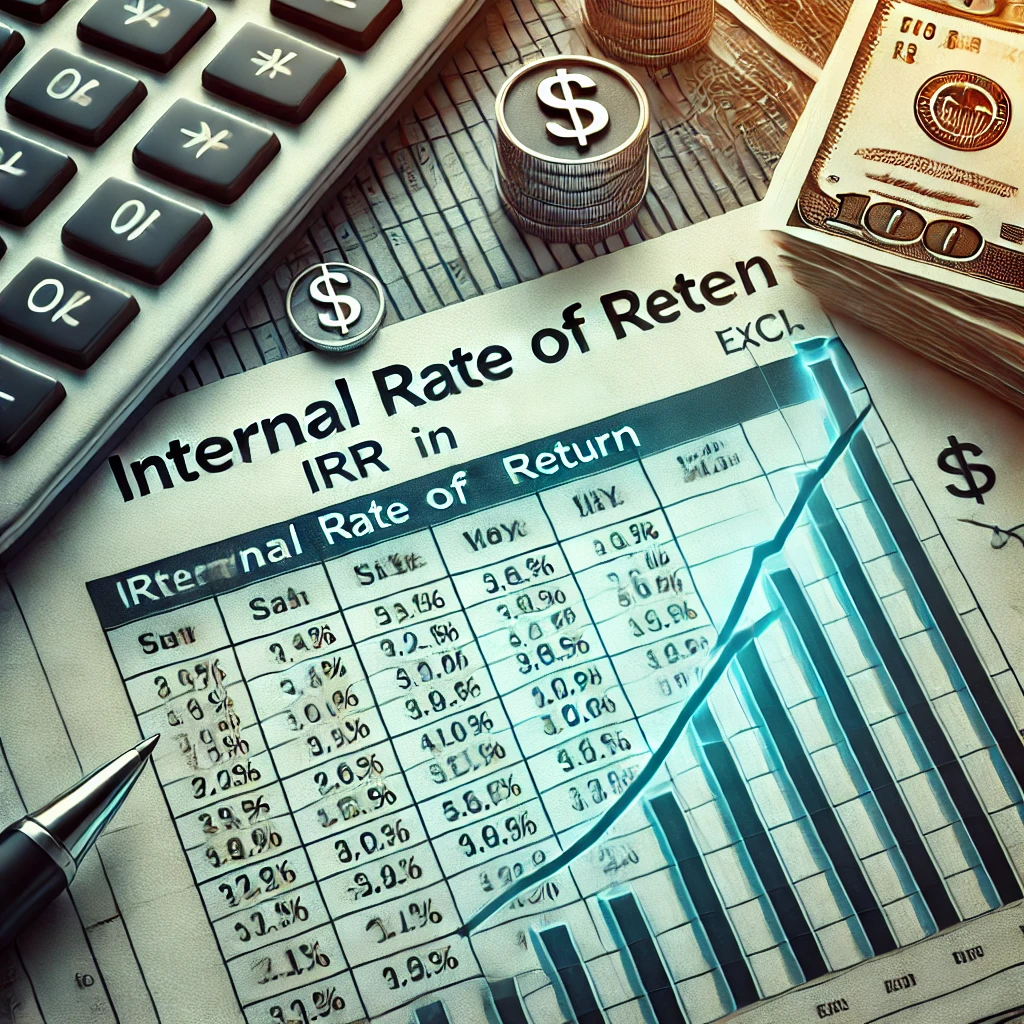Table of Contents
- Understanding the Basics of Personal Budgeting
- Starting Your Personal Budget
- Top 10 Personal Budget Tips
- 1. Automating Your Savings
- 2. Cutting Down on Non-Essential Expenses
- 3. Prioritizing Debt Repayment
- 4. Utilizing Budgeting Tools and Apps
- 5. Implementing the 50/30/20 Rule
- 6. Considering a Side Hustle
- 7. Reviewing and Adjusting Your Budget Regularly
- 8. Saving on Groceries and Dining Out
- 9. Reducing Utility Bills
- 10. Planning for Unexpected Expenses
Managing personal finances is a crucial skill that can help you achieve your financial goals and secure a stable future. To effectively manage your money, it is essential to create and follow a personal budget. In this article, we will provide you with ten invaluable budgeting tips and tricks to help you save more money and improve your financial well-being.
Understanding the Basics of Personal Budgeting
Before diving into the budgeting tips, let’s first understand the importance of personal budgeting and its key components.
Personal budgeting is a fundamental aspect of financial management that empowers individuals to take control of their money and work towards achieving their financial goals. It serves as a roadmap that guides your financial decisions and helps you stay on track with your spending and saving habits. By creating and following a budget, you can effectively manage your income, expenses, and savings, leading to a more secure financial future.
The Importance of a Personal Budget
A personal budget is a financial roadmap that helps you track and control your income and expenses. By creating a budget, you gain a clear understanding of your financial situation and can make informed decisions regarding your money. It also enables you to identify unnecessary expenditures and prioritize your savings.
Moreover, a personal budget promotes financial awareness and mindfulness. It encourages individuals to be more conscious of their spending patterns and helps them develop healthy financial habits. With a budget in place, you can proactively plan for future expenses, avoid debt accumulation, and work towards building wealth over time.
Key Components of a Successful Budget
A successful budget comprises several key components. Firstly, it involves listing your income sources, such as your salary, freelance work, or any other monetary inflows. Secondly, it requires identifying your expenses, including fixed costs like rent or mortgage payments, utility bills, groceries, transportation, and discretionary spending. Lastly, a budget must incorporate your financial goals, such as saving for emergencies, paying off debts, or investing for the future.
Additionally, an effective budget should include a provision for unexpected expenses or emergencies. Building an emergency fund is essential to protect yourself from financial setbacks and unforeseen circumstances. By allocating a portion of your income towards an emergency fund, you can safeguard your financial stability and avoid falling into debt during challenging times.
Starting Your Personal Budget
Now that you understand the basics of personal budgeting, let’s dive into the steps necessary to start your own budget. Establishing a budget is a crucial step towards achieving financial stability and reaching your financial goals.
Before diving into the world of budgeting, it’s essential to understand the importance of tracking your expenses. By keeping a close eye on where your money is going, you can make informed decisions about your spending habits and identify areas where you can cut back or save more.
Identifying Your Income and Expenses
The first step in creating a budget is to determine your income and expenses. Make a comprehensive list of all your income sources and the amounts you receive from each one. This includes not only your primary source of income, such as your salary, but also any additional sources like freelance work or rental income. On the expense side, categorize your spending into fixed expenses (such as rent or mortgage payments), variable expenses (like groceries or utilities), and discretionary spending (such as dining out or entertainment).
Once you have a clear understanding of your income and expenses, you can calculate your net cash flow to see if you have a surplus or a deficit. This will guide you in making adjustments to your budget to ensure that you are living within your means and working towards your financial goals.
Setting Your Financial Goals
Once you have identified your income and expenses, it’s time to set your financial goals. Think about your short-term and long-term objectives, such as saving for a down payment on a house, paying off credit card debt, or building an emergency fund. Setting specific, measurable, achievable, relevant, and time-bound (SMART) goals will provide you with a roadmap for your financial journey and keep you motivated along the way.
Top 10 Personal Budget Tips
Now that you have laid the groundwork for your personal budget, let’s explore ten tips and tricks to maximize your savings and make the most out of your budgeting efforts.
1. Automating Your Savings
Utilize online banking tools to automatically transfer a portion of your income into a separate savings account. Automating your savings ensures that you consistently set money aside for emergencies or future investments.
2. Cutting Down on Non-Essential Expenses
Examine your discretionary spending and identify areas where you can cut back. This could mean reducing the number of meals eaten out, cancelling unnecessary subscriptions, or finding free or lower-cost alternatives for entertainment and leisure activities.
3. Prioritizing Debt Repayment
If you have outstanding debt, prioritize paying it off. Focus on high-interest debts first and consider consolidating them to potentially reduce interest rates and simplify your monthly payments.
4. Utilizing Budgeting Tools and Apps
Take advantage of budgeting tools and apps, which can simplify the budgeting process and offer insights into your financial habits. They can help you track your expenses, set spending limits, and send alerts when you exceed your budget in specific categories.
5. Implementing the 50/30/20 Rule
Consider allocating your income based on the 50/30/20 rule. Allocate 50% of your income towards essential expenses, such as housing and utilities. Allocate 30% to non-essential expenses, like dining out and hobbies. Lastly, dedicate 20% towards savings and debt repayment.
6. Considering a Side Hustle
If your income is not sufficient to meet your financial goals, consider taking up a side hustle. Whether it’s freelancing, tutoring, or starting a small business, a side hustle can provide an additional stream of income to boost your savings.
7. Reviewing and Adjusting Your Budget Regularly
Periodically review your budget to identify areas where you can make further adjustments. As your circumstances change, such as increased expenses or a raise in income, make necessary revisions to ensure your budget remains effective.
8. Saving on Groceries and Dining Out
Plan your meals in advance, make a shopping list, and stick to it to avoid impulse buying. Look for deals, use coupons, and consider buying store brands. Additionally, reduce dining out and cook meals at home, as it is often cheaper and healthier.
9. Reducing Utility Bills
Save on utility bills by adopting energy-efficient practices, such as turning off lights when not needed, setting the thermostat at an optimal temperature, and properly insulating your home. Small changes can add up to significant savings.
10. Planning for Unexpected Expenses
Finally, anticipate and plan for unexpected expenses. Create an emergency fund that covers at least three to six months of living expenses. Having a financial safety net will prevent you from falling into debt during challenging times.
By implementing these budgeting tips and tricks, you can take control of your finances and achieve your financial goals. Remember, budgeting requires discipline and commitment, but the rewards of financial stability and peace of mind are well worth the effort.
Now, let’s delve deeper into the first tip: automating your savings. Automating your savings not only ensures consistency but also takes advantage of the power of compounding. By setting up automatic transfers from your checking account to your savings account, you remove the temptation to spend that money on non-essential items. Over time, these small contributions can grow into a substantial nest egg, providing you with a sense of security and financial freedom.
Furthermore, consider exploring different types of savings accounts to optimize your savings strategy. High-yield savings accounts, for example, offer higher interest rates compared to traditional savings accounts, allowing your money to grow even faster. Research different financial institutions and compare their offerings to find the best option for your needs.




